Ariane Systems Joins Vertus Group
Ariane Systems is now part of Vertus Group, a division of Jonas Hospitality and Constellation Software Inc. With more than 3,000 installations across...
Lorem ipsum dolor sit amet, consectetur adipiscing elit. Pellentesque tortor nulla, rutrum eu nunc a, accumsan iaculis odio. Phasellus facilisis, nibh eu lobortis porttitor, orci ligula vulputate turpis, vitae vulputate lectus elit at ligula.
-2.jpg?width=229&height=320&name=JurysInn-Belfast-20190124-(2)-2.jpg)
Allegro v7 cloud is a powerful and flexible, omni-channel platform enabling self-service for hotels.
Discover our range of indoor and outdoor kiosks for hotels. All made to work seamlessly with Allegro v7 and fit into any hotel environment.
Learn how Allegro v7 can help your hotel staff become more efficient, increase revenue and improve guest satisfaction.
From small to large hotels, 1 to 5 stars, business and leasure, boutique and hostels - Ariane's solutions can help make check-in Safe, Simple, and Efficient for every type of hotel. All of our solutions can easily be adapted to fit the specific needs and reflect your hotel's design.

Ariane Systems is the world leader in providing self-check-in and out solutions for the hotel industry with more than 3.000 installations. They enable Mobile and Kiosk self-service solutions, including all required hardware, consultancy and support for services that integrate to the hotels PMS, keycard system and secure card payment.

5 min read
 Ariane
:
May 12, 2020 3:52:00 PM
Ariane
:
May 12, 2020 3:52:00 PM
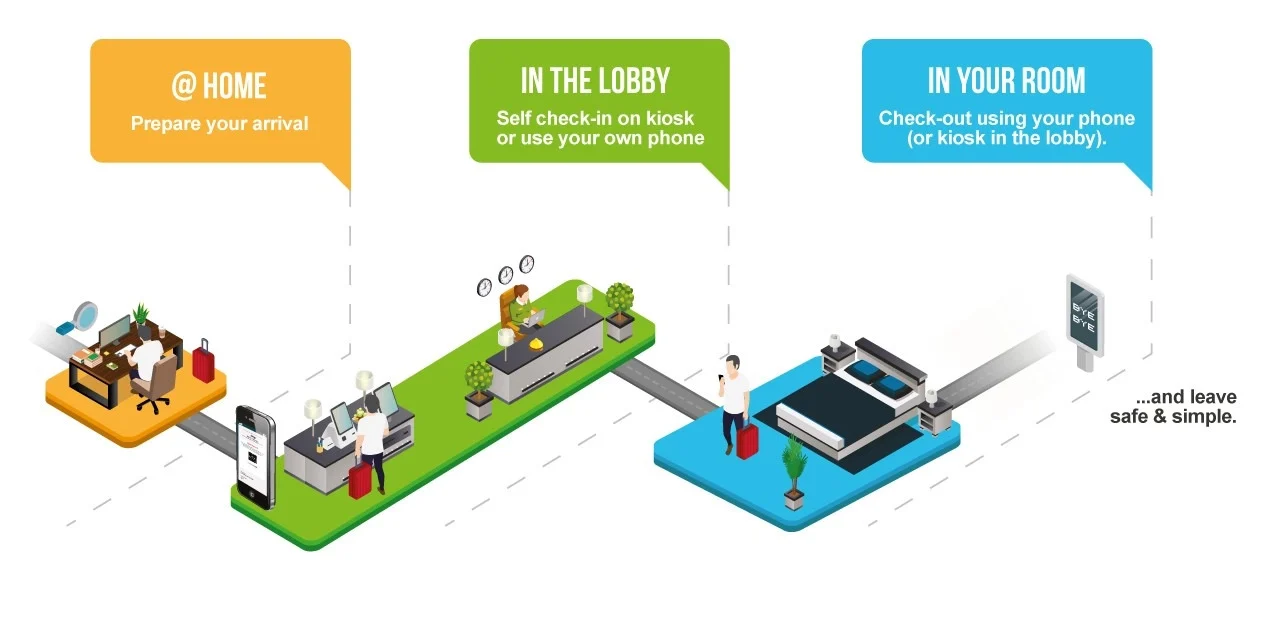
The unprecedented COVID-19 crisis has hit three major industries more than any other on the market; Non-essential Retail, Airline & Transportation, and our beloved Hospitality industry...
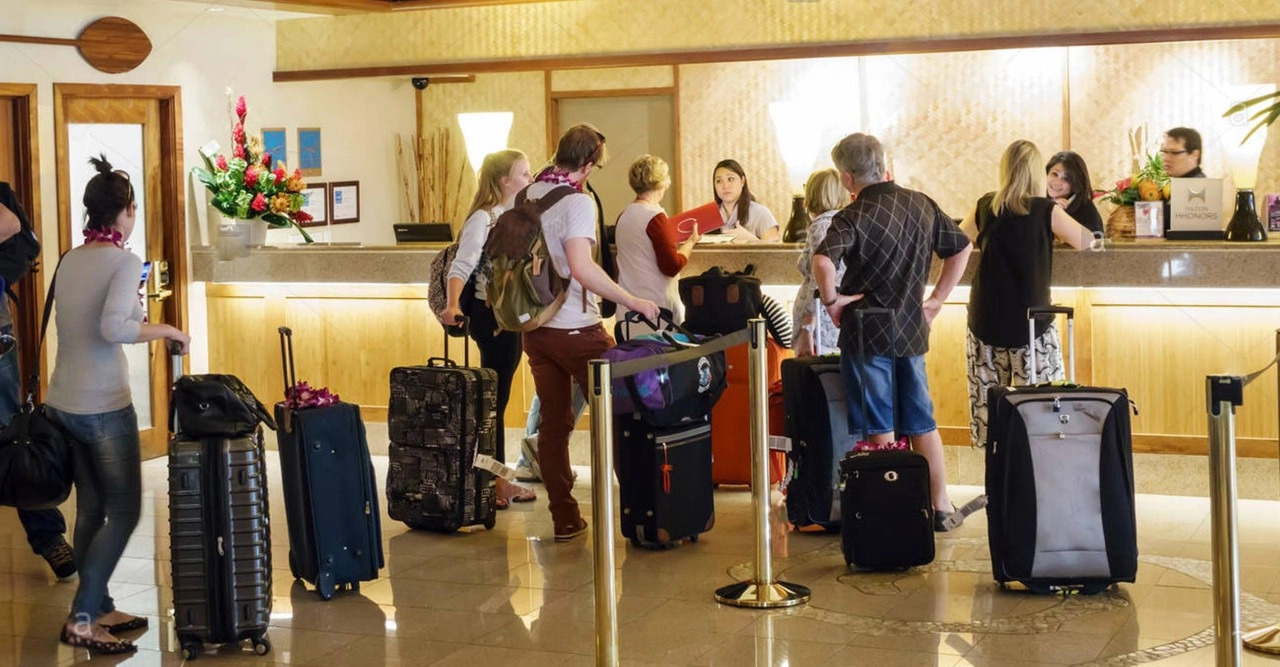
The COVID-19 crisis for the hospitality industry
Written by Laurent Cardot, Founder and CEO of Ariane Systems
The unprecedented COVID-19 crisis has hit three major industries more than any other on the market; Non-essential Retail, Airline & Transportation, and our beloved Hospitality industry.
The consequences of the crisis are enormous for all industries, but there is at least one thing the Airline industry does not have to worry about when compared to hotels: its check-in process. Airlines have done an incredible job at digitalizing and streamlining their check-in experience. Not only the adoption rate of mobile check-in has grown tremendously over the years but we, their clients, just love the service. We would never agree to go back to the “old days” of waiting in endless lines at a front desk to get our boarding pass.
With COVID-19 and new social distancing regulations in place, a majority of hotels in the world have closed their door. A hotel chain CEO recently said: “This is really sad because hotels are these rare places that operate with open doors 24/7. We do not even have a lock to close like retail!”.
A lot of us share that pain. The world is moving towards a new normal and hotels have now started to plan their reopening. But how?
I was able to speak to over 50 General Managers, Brand Managers, and Operators in the past weeks, and here is what I have heard from most of them. Out of the many challenges hotels are facing three are directly related to check-in:
Self-service brings a minimum of 1, and up to 6, savings in front desk staff.
Many hotels have inquired about how they can use technology to provide a safe check-in for their guests.
First, it is important to dissociate two steps in a check-in process: the action of checking in and the ability to get a room key.
The check-in is usually a standardized process that includes different steps; confirming guest profile, offer upgrades and upsells, verify an ID, make a payment or a preauthorization, and allocate an available room. Then and only then can the guest receive the holy grail to the beginning of his stay: a room key.
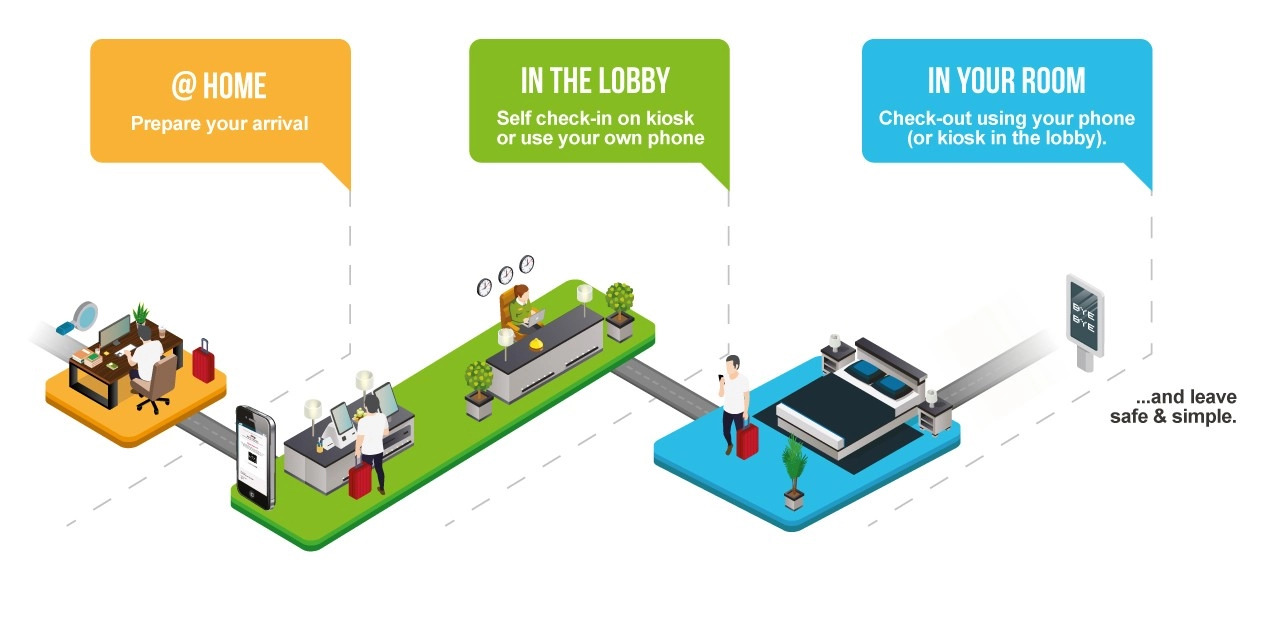
Technology today allows hotels to offer three main guest experience paths for completing check-in:
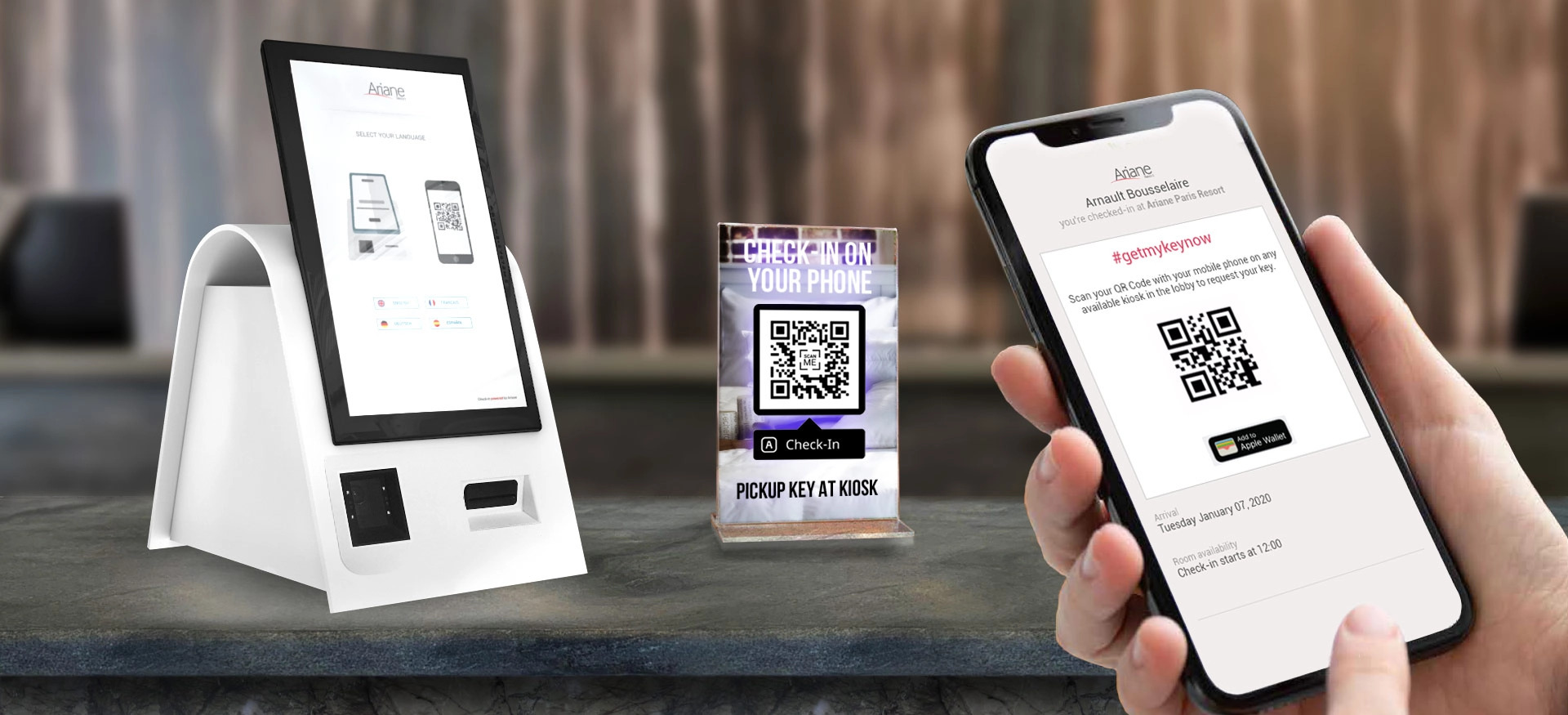
With technology we can help overcome our challenges and once again, together, aim to thrive.
How do guests get their room keys? Here again, there are three main options.
- Guests can go to the front desk, identify themselves in a dedicated area, and be given their room key. This option requires some reengineering of the front desk to limit the touchpoints and provide safe distancing, but also will require staff to both pre-allocate rooms and pre-cut keys before guests arrive on property in order to provide a fast and safe check-in with zero waiting lines.
- Guests can be given a QR code at the end of both mobile and BYOD check-in that they can be used on a kiosk to get the room key. This will allow for the interaction with the kiosk to be completely touchless.
- Guests could enroll in mobile key thus allowing them to open their room door with their phone. This option, associated with mobile check-in, offers a true end-to-end touchless experience but comes with significant challenges. Locks must be compatible or will need to be upgraded. The technology requires the use of a mobile app that needs to be downloaded with the guest enrolling to use it (prior to COVID the usage rates of the technology were still very low and clearly independent hotels have a hard case convincing guests to download one app for one hotel). While this is a great option for business travelers staying one night it might be difficult for families or longer stays.
Most of the options presented above work well together and a good piece of advice might be: do them all because you do not know how and when your guests will want to check in. Offering, like the airline industry before us has, multiple paths for check-in is a key to implementing a successful self-service strategy.
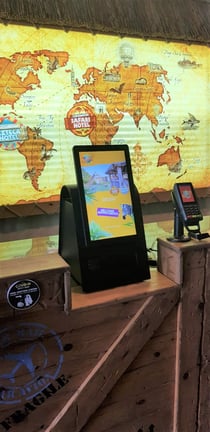
However, to summarize there could be three “main” solutions that hotels could implement today in a phased manner:
- BYOD touchless check-in will give guests the security of using their own device. At the end of the check-in, a QR code is displayed on the guest’s device that can then be ready on a key-dispensing kiosk.
- Kiosk check-in experience: guests complete a true seamless self-check-in experience. In less than three minutes guests review all options and get their room key. While this experience requires guests to touch the device a simple set of operational guidelines and procedures can facilitate it i.e. cleaning gel dispenser nearby.
- Full touchless check-in experience: guests check-in online prior to arrival and enroll in a mobile key. They go straight to their room upon arrival.
This is the toughest challenge! Hotels have always built their profitability based on average occupancy rates. COVID-19 projections show that hotels may have to operate for months (and maybe years) with an occupancy rate that could be between 15% and 30%.
In order to survive this, hotels will need to keep their operating costs low and will need to gain efficiency. This is not a “nice to have” but a “must-have” mindset.
Self-check-in technology has demonstrated an incredible return on investment over the past years. I have seen 250+ room hotels operating with one person only at the front desk. Elsewhere, I have experience of a 465-room hotel being able to reduce its weekly shift pattern from 33 staff to 18 by complementing it with three kiosks plus mobile check-in. Self-service brings a minimum of 1, and up to 6, savings in front desk staff.
Limiting the number of front desk assistants will also guarantee better social distancing by avoiding a crowded desk. This measure will protect hotel employees as well as protecting guests.
Will our world of travel ever be the same? We are facing an unprecedented challenge. Our world is sublime and discovering it remains people’s dream.
Hotels are one of the oldest industries in the world. For thousands of years, hoteliers have welcomed guests all around our planet for business and leisure.
With technology, we can help overcome our challenges and once again, together, aim to thrive.
(article originally published by Laurent Cardot on LinkedIn on May 12, 2020)
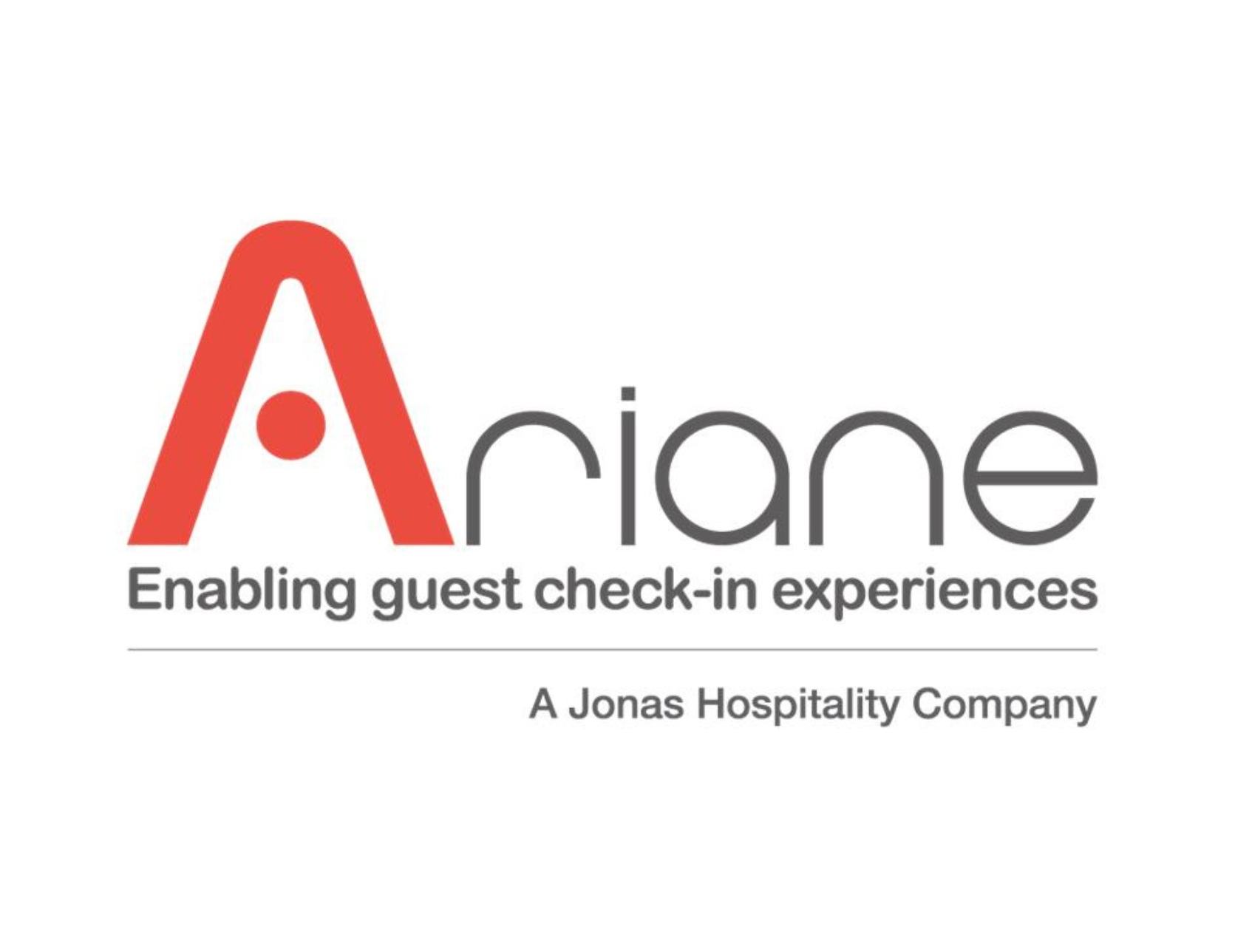
Ariane Systems is now part of Vertus Group, a division of Jonas Hospitality and Constellation Software Inc. With more than 3,000 installations across...
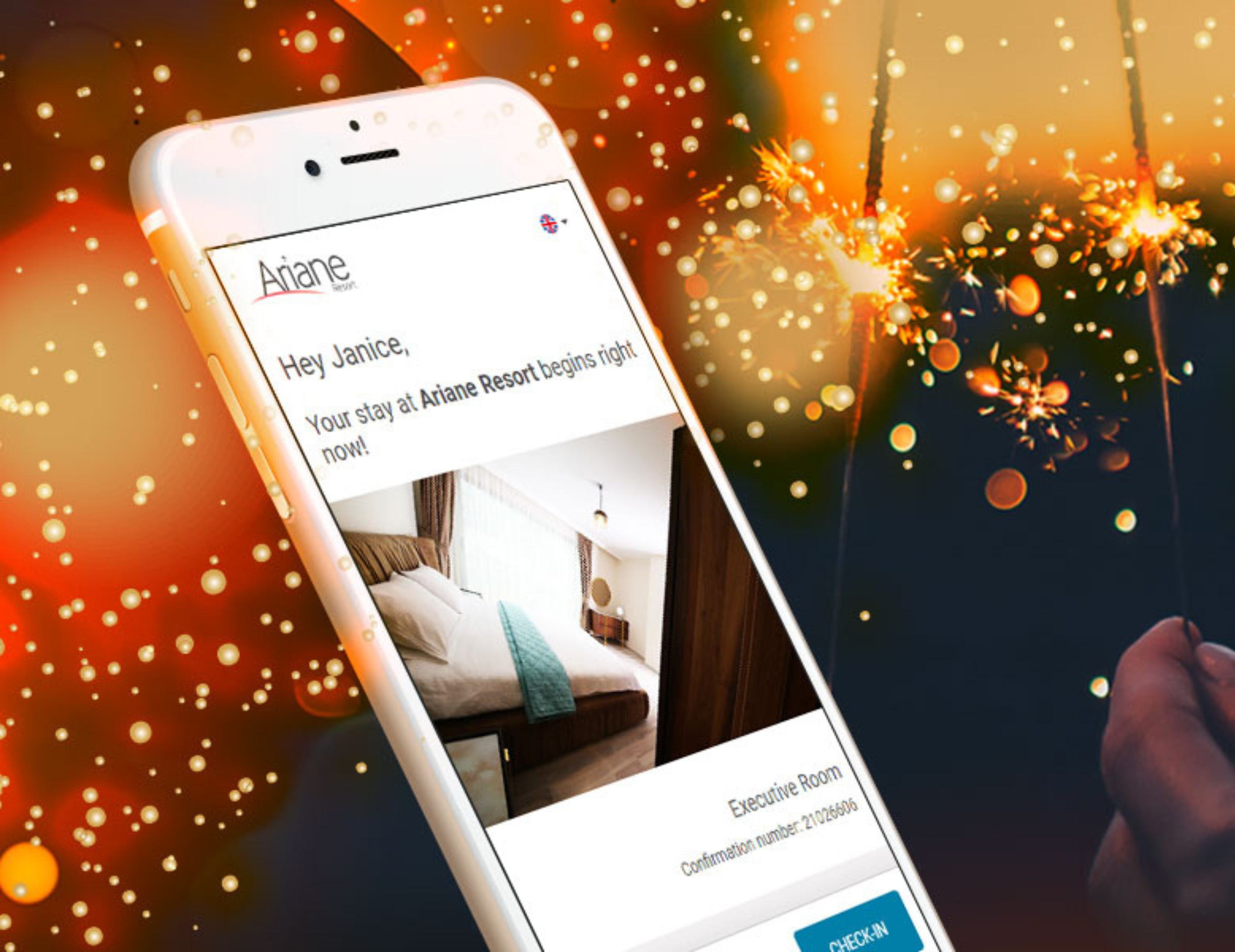
A new year means fresh opportunities to transform your hotel operations and enhance guest experiences. In 2025, staying ahead in the competitive...
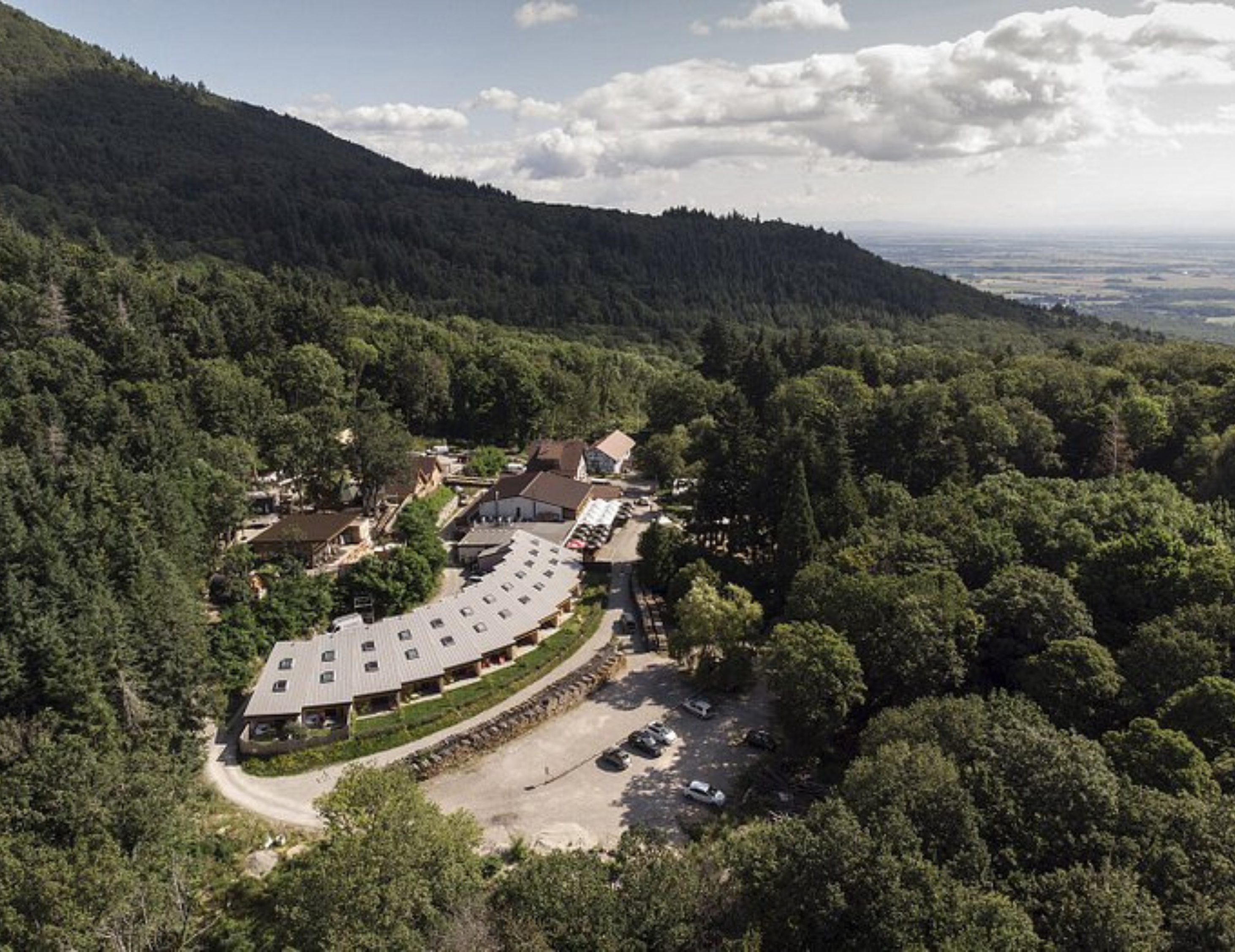
We proudly welcome Domaine du Hirtz, located in Wattwiller, France, to the family of hotels enhanced by Allegro V7 and self-service technology!

Laurent Cardot As part of our “Expert Insights” series, we had the opportunity to talk to Laurent Cardot, Founder and CEO of Ariane Systems... here's...

As part of our “Expert Insights” series, we had the opportunity to talk to Laurent Cardot, Founder and CEO of Ariane Systems, to understand the...

Learn five different ways where self-service can help your hotel become more profitable and solve the challenge of recruiting more staff.